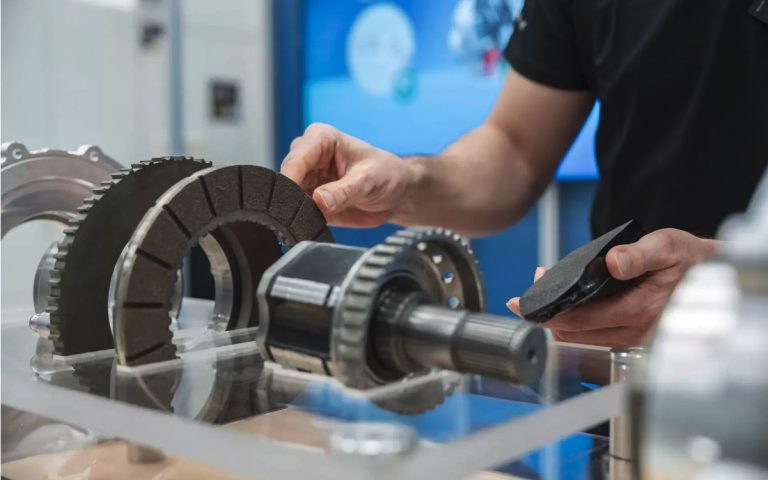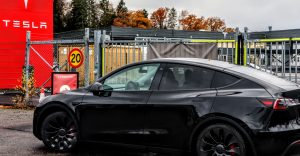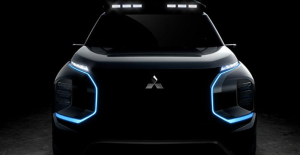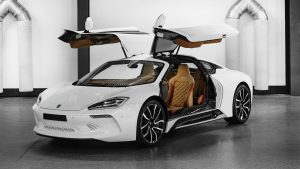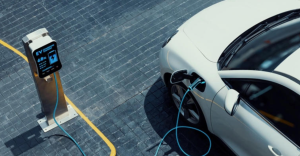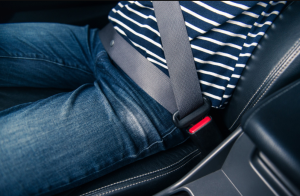Mercedes-Benz is aiming to introduce a groundbreaking braking system by 2040.
Others are reading now
Imagine never having to replace your car’s brakes.
Mercedes-Benz is turning that vision into reality, aiming to equip its cars with brakes that last as long as the vehicle itself. According to Boosted, the brand hopes to roll out this game-changing technology by 2040.
For most drivers, clutches already last the life of a car — unless you’re heavy-footed. Now, Mercedes wants to bring that same durability to brakes, setting a new standard for longevity.
What sounds like a futuristic dream is closer than you think. Mercedes’ engineers are already testing a braking system that might make replacing brakes a thing of the past.
Also read
Brakes That Break the Mold
The secret lies in moving the brakes from the wheels to the engine. This innovative approach is possible only with electric vehicles, which is why Mercedes is testing the system exclusively on EVs.
Here’s how it works: the electric motor takes care of most braking through regenerative energy, which slows the car while recovering energy. Mercedes estimates that this process could handle 98% of all braking needs.
But what about emergency stops?
For those heart-pounding moments when you need full braking power, Mercedes is adding a safety system designed to kick in and handle the job.
The braking system features a circular disc positioned between two brake pads, while smaller discs are added to tackle brake dust. This clever addition prevents engine issues caused by dust buildup.
One challenge with the new system is overheating.
Moving brakes into the engine means heat buildup could become an issue. To counter this, Mercedes is exploring water cooling as a solution to keep the system running smoothly.
The design also brings another big benefit: the brakes reduce wheel weight by nearly 100 kilograms. This lighter setup allows for sleek, closed-design wheels that improve aerodynamics. Better aerodynamics mean lower energy consumption, longer range, and a modern, stylish look.
Not Just About Electric
Although these revolutionary brakes are designed for electric cars, Mercedes isn’t going all-in on EVs just yet.
The company has acknowledged the continuing relevance of internal combustion engines.
CEO Ola Källenius recently made waves by halting the development of several electric models to divert resources toward “hyper-efficient” combustion engines. This dual focus shows Mercedes is hedging its bets, catering to both traditional and electric vehicle markets.

